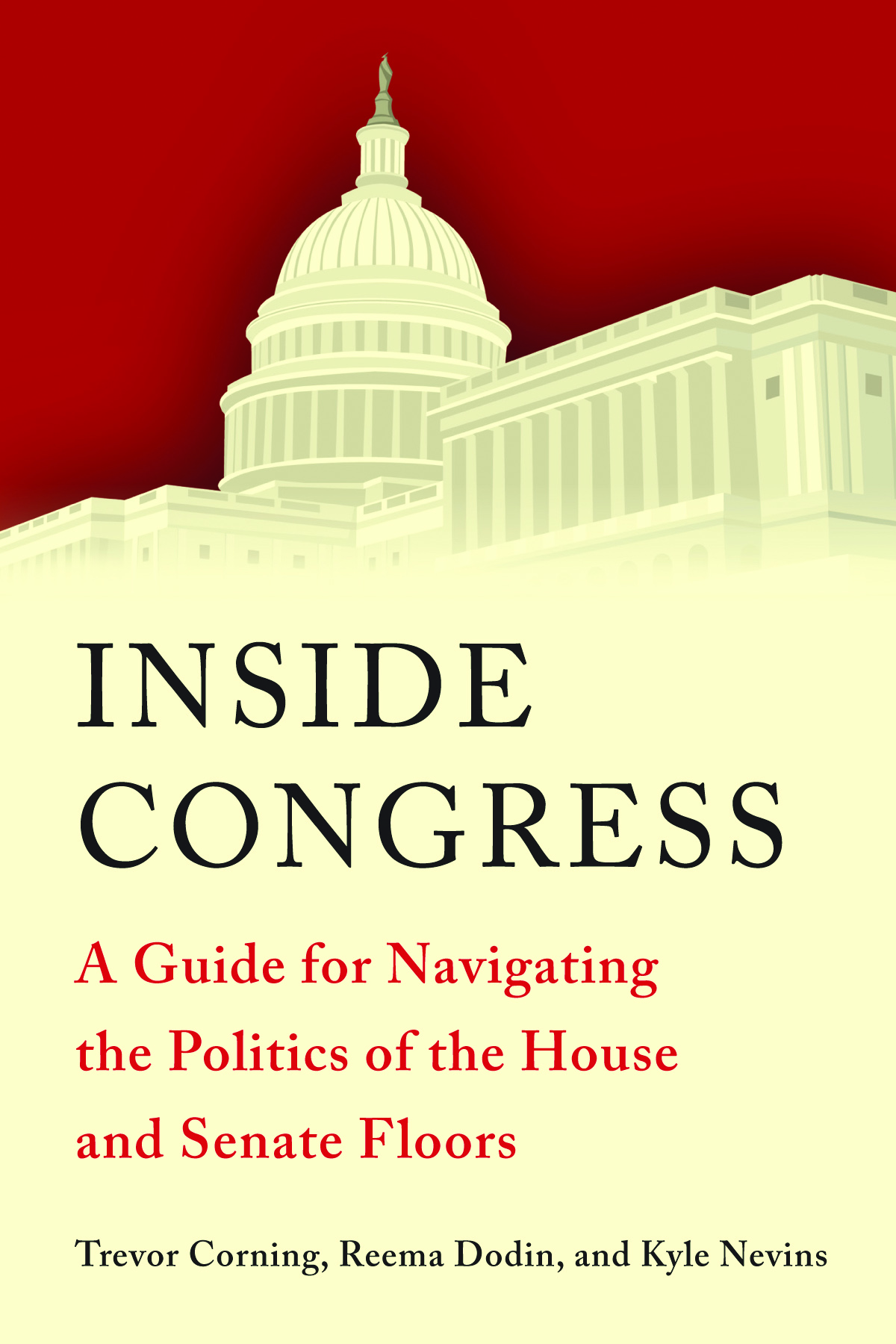Congress is expected to take up comprehensive tax reform later this year or next year. As we prepare for a potentially bruising partisan battle, it is incumbent upon leadership of both parties to ensure that the tax code incentivizes work for American families, many of whom have seen their fortunes decline as wages for low-skill workers continue to stagnate. Strengthening the Earned Income Tax Credit (EITC), which provides a wage supplement to many low-income workers, should be part of that agenda.
New York City’s Center for Economic Opportunity – Mayor Michael Bloomberg’s antipoverty shop – just announced an experiment to test whether a more generous EITC would make work pay for single adults. The Mayor’s plan to coax more single adults into the labor force by supplementing their earnings is a superb if all too rare example of what government can do to encourage personal responsibility while also strengthening local economies and striking a blow for economic opportunity. The Mayor’s newest experiment will test whether a more robust EITC will increase employment, financial support of children, and even marriage rates of men and thereby reduce child poverty.
The EITC is widely considered to be one of the most successful antipoverty programs, and has significantly increased employment and earnings for low-income families. The credit lifted 6.6 million people out of poverty in 2011 alone, and substantially increased employment among single mothers. Expansion of the EITC in the 1990s and since has served to make the earnings of low-wage work a much more attractive option than welfare for single mothers and their children.
But what about the men? The employment rate and wages of single males have fallen greatly over the past few decades. For example, in 2007 one in four workers earned less than $10 per hour, a wage that even for full-time workers would still leave many of them and their families poor or near poor. Skill-building and education can help many workers attain better paying jobs, but low-wage jobs will continue to make up a significant fraction of all employment. The federal EITC for single tax filers – including non-custodial parents – today offers a maximum of $475 for an entire year. At this low level, the credit has done little to drive gains in employment or earnings among single men.
Let’s take a page from Mayor Bloomberg’s playbook and test whether our tax code truly makes work pay. What would we propose? Federal funds should allow up to five states to experiment with a much more substantial noncustodial parent EITC and test its impact on employment, particularly among young men. Federal dollars would pay the benefit and also fund research on whether the EITC is increasing work rates and improving the financial status of these young men. In addition, research should examine whether increased work participation will have secondary effects such as reduced crime, increased payment of child support, and increased marriage rates
We could do a lot more to encourage young men to work and begin building their work skills and experience. Just as we expanded the EITC on several occasions to increase the work incentive of poor mothers, we should now increase the EITC for low-wage fathers as part of any tax reform legislation this year. If low-skill single men are willing to work, and if the noncustodial fathers among them are willing to pay their child support, we should make sure that the tax code is working for them.







